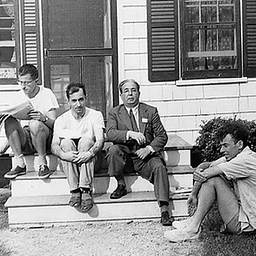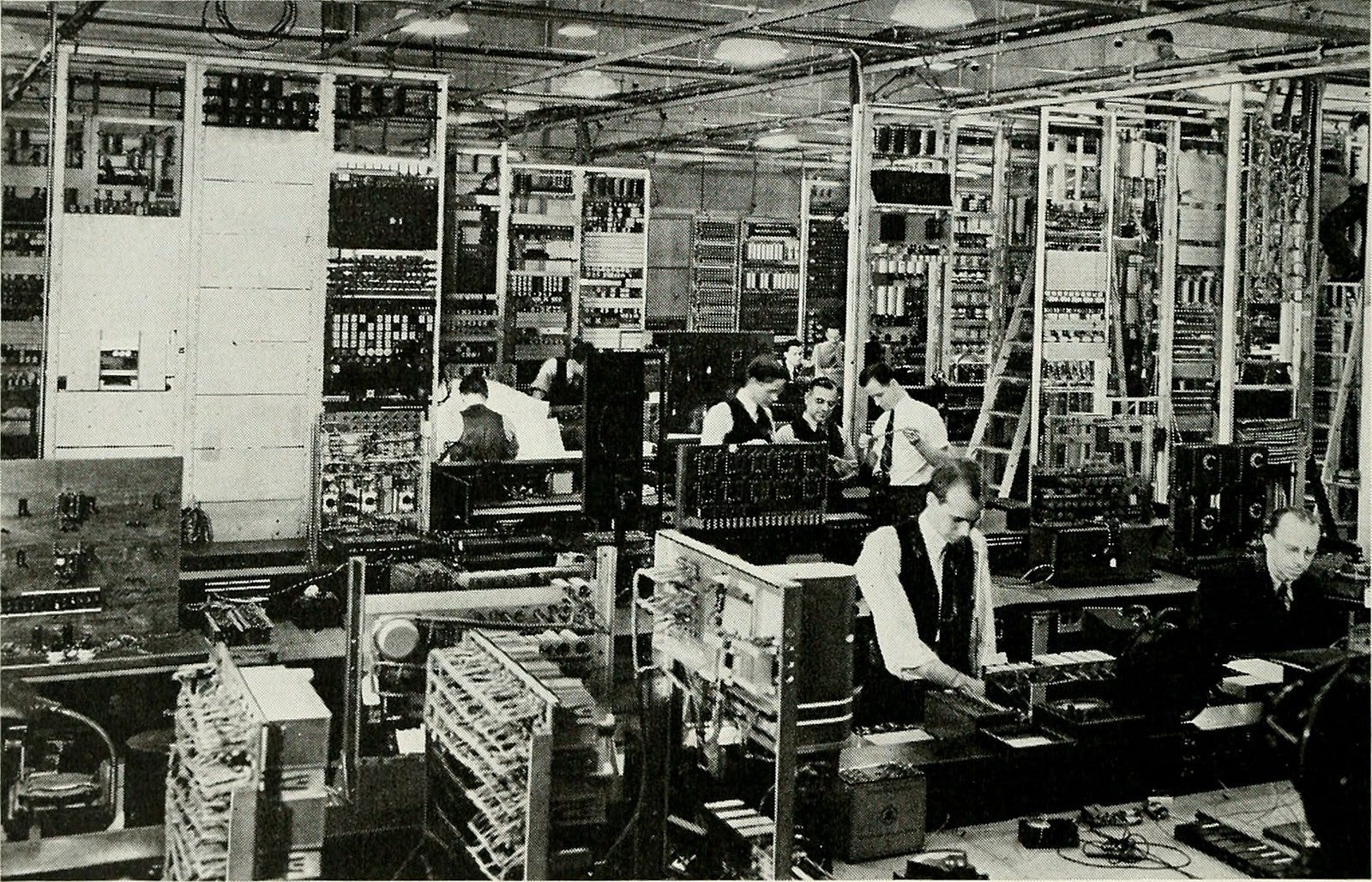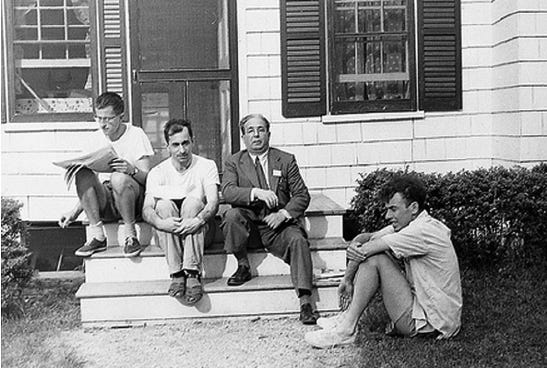
I’ve taken to calling the pieces I write for FreakTakes “administrative histories.” The reason I opted for that name instead of “progress studies histories” or “metascience histories” is that it was the name that drew the fewest confused stares and/or eye rolls from the scientists and engineers whom I hope to attract. Some think this classification is a bit boring…but I have no problem with that!









